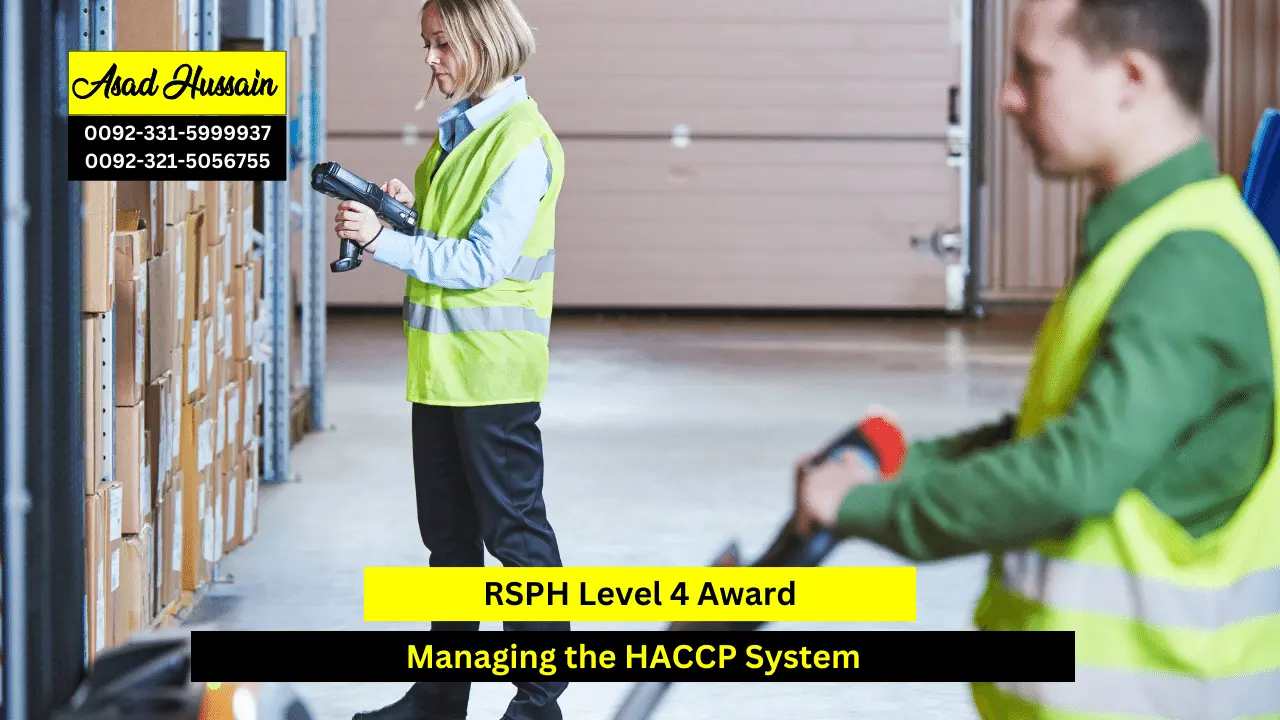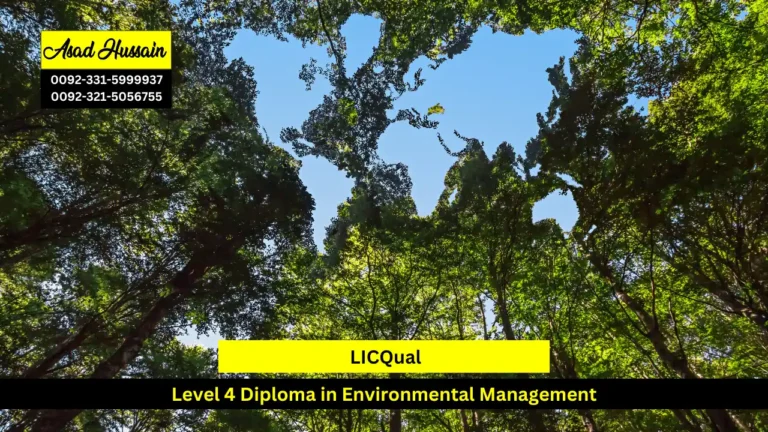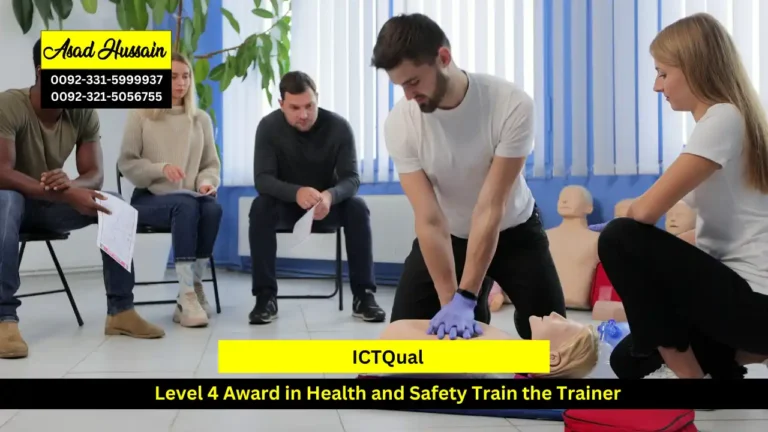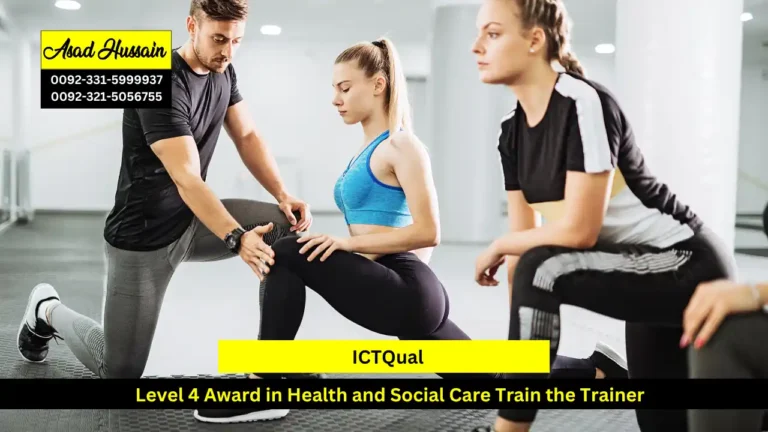The RSPH Level 4 Award in Managing the HACCP System is a comprehensive and specialized training program designed to equip individuals with the knowledge and skills necessary to effectively manage the Hazard Analysis and Critical Control Points (HACCP) system within various industries. HACCP is a systematic approach used to identify, assess, and control potential hazards related to food safety and other sectors.
This Level 4 Award program offered by the Royal Society for Public Health (RSPH) is aimed at professionals who are involved in the management, implementation, and maintenance of HACCP systems. Participants will delve into advanced concepts of HACCP, focusing on the development, monitoring, and continuous improvement of these systems to ensure the highest standards of product safety and quality.
Overall, the RSPH Level 4 Award in Managing the HACCP System is a valuable qualification for professionals involved in food safety management, as it enhances their ability to implement and manage robust HACCP systems, thereby safeguarding public health and ensuring the production of safe food.
We are offering RSHP Qualifications in Association with ICTQual ( Inspire College of Technologies Uk).
Program Highlights
This qualification is designed for individuals who are responsible for managing and maintaining the Hazard Analysis and Critical Control Points (HACCP) system within a food-related business. The qualification aims to provide learners with a deeper understanding of HACCP principles, implementation, and management.
Mandatory Units
Entry requirements for a Level 4 Award in Managing the HACCP System could include:
- Previous Qualifications: Candidates might need to have a relevant Level 3 qualification or equivalent in food safety and hygiene. This could be a basic prerequisite to ensure that candidates have foundational knowledge in the subject.
- Work Experience: Some programs might require candidates to have relevant work experience in the food industry. This could involve having worked in roles related to food safety, quality control, or food production.
- English Language Proficiency: Since the course materials and assessments might be presented in English, candidates may need to demonstrate a certain level of English language proficiency. This could be determined through standardized language tests or other means.
- Health and Safety Requirements: Candidates might need to meet certain health and safety criteria due to the nature of the food industry. This could include adherence to personal hygiene practices and wearing appropriate attire, such as uniforms or protective clothing.
- Interview or Assessment: Some institutions might require candidates to attend an interview or complete an assessment to determine their suitability for the course. This could involve discussing their background, experiences, and motivations for taking the course.
It’s important to note that these requirements can vary depending on the institution offering the course, the specific accreditation body, and any regional or industry-specific regulations. For the most accurate and current information, I recommend visiting the official website of the institution providing the “RSPH Level 4 Award in Managing the HACCP System” or contacting their admissions department directly.
Join us on this path of transformative growth and take the first step towards becoming a strategic leader in health and safety. Your dedication and commitment can unlock a world of opportunities and impact.
The “RSPH Level 4 Award in Managing the HACCP System” is designed to provide participants with advanced knowledge and skills in effectively managing the Hazard Analysis and Critical Control Points (HACCP) system within various industries. Upon completing this course, learners should be able to demonstrate the following learning outcomes:
- Comprehensive Understanding of HACCP Principles: Gain an in-depth comprehension of the fundamental principles of HACCP, including its origins, significance, and the science behind hazard identification, risk assessment, and control measures.
- Application of HACCP Methodology: Apply the HACCP methodology to systematically identify, assess, and control hazards associated with food production, ensuring compliance with safety regulations and standards.
- Creation of HACCP Plans: Develop and create effective HACCP plans tailored to specific food processes or operations, encompassing the entire food production chain from raw material sourcing to end-user consumption.
- Risk Assessment and Management: Skillfully assess risks associated with biological, chemical, and physical hazards in food production environments, and implement robust management strategies to minimize or eliminate these risks.
- Critical Control Points (CCPs) Establishment: Identify and establish critical control points within the production process where monitoring and control measures are crucial to preventing, reducing, or eliminating hazards.
- Monitoring and Verification Procedures: Develop monitoring procedures to systematically track CCPs, implement corrective actions when deviations occur, and establish verification protocols to ensure the HACCP system’s ongoing effectiveness.
- Effective Communication and Documentation: Communicate HACCP plans and requirements effectively to relevant stakeholders, and proficiently maintain accurate and comprehensive documentation of all HACCP-related activities, ensuring transparency and compliance.
- Auditing and Compliance: Acquire skills to conduct internal audits of HACCP systems, identify gaps, and propose corrective actions to maintain compliance with industry standards, regulations, and best practices.
- Continuous Improvement: Foster a culture of continuous improvement by analyzing data from monitoring, audits, and incident reports, and implementing measures to enhance the HACCP system’s efficiency and effectiveness.
- Leadership in Food Safety: Assume a leadership role in ensuring food safety within the organization, championing the HACCP principles, and motivating teams to adhere to best practices and safety protocols.
- Crisis Management and Response: Develop strategies for managing food safety crises and emergencies, including recall procedures, communication strategies, and effective collaboration with regulatory bodies.
- Legal and Regulatory Awareness: Stay up-to-date with relevant food safety laws, regulations, and industry standards, and demonstrate an understanding of how these requirements impact the implementation and management of the HACCP system.
- Adaptation to Diverse Contexts: Apply HACCP principles and techniques to a wide range of food production settings, taking into consideration variations in processes, ingredients, equipment, and potential hazards.
Overall, the successful completion of the “RSPH Level 4 Award in Managing the HACCP System” will equip learners with the advanced skills and knowledge necessary to lead, manage, and continuously improve HACCP systems within various industries, ensuring the production of safe and high-quality food products.
The RSPH Level 4 Award in Managing the HACCP System is designed for individuals who have a keen interest in food safety management and aspire to take on managerial or supervisory roles in the field. This course is suitable for:
- Food Safety Professionals: It is ideal for individuals already working in food safety or related roles, such as food safety officers, quality assurance managers, food production supervisors, or HACCP coordinators. The course will provide them with advanced knowledge and skills to effectively manage HACCP systems.
- Food Safety Managers: Professionals responsible for ensuring food safety standards and regulatory compliance within their food production or service establishments.
- Quality Assurance Managers: Those overseeing quality control and assurance processes in food-related industries to maintain product safety and integrity.
- HACCP Coordinators: Individuals tasked with coordinating and managing the implementation of HACCP principles across different stages of food production, processing, and distribution.
- Compliance Officers: Individuals responsible for adhering to food safety regulations, standards, and guidelines to avoid potential health risks and legal issues.
- Health and Safety Officers: Individuals responsible for maintaining a safe working environment within food-related facilities, including the implementation of HACCP-based safety measures.
This course equips participants with the knowledge and skills required to effectively manage and implement HACCP systems, ensuring the safety of food products and preventing potential hazards. It covers topics such as risk assessment, critical control point identification, corrective actions, monitoring, and documentation. Overall, the course is aimed at individuals who wish to play a crucial role in maintaining the highest standards of food safety and hygiene within their respective roles and organizations.







